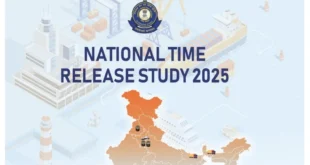Earlier this week, The New York Times surprised its readers, and shocked us reporters’ community, by dropping its reporters’ bylines on stories featured on its home page. The following day, its editors came up with the reasoning: many more readers now access the newspaper on their mobiles than the desktop; we adore our reporters, but their bylines on top of the summary isn’t the best way to display a story digitally. Good point, you might have said. But only if you missed the fact that the op-ed writers’ bylines are there as before. The newsgatherer We bring this up in this tribute to Kuldip Nayar because reporters/newsgatherers versus editorialists is the oldest power tussle in the newsroom. The latter, with their superior intellect, weighty arguments and fine turn of phrase, have mostly won it. Their domination was total in India, until Nayar broke it in 1970-80. He was Indian journalism’s first rock star in an era when any editor would have taken umbrage at being described as such. Nayar’s rise as India’s pre-eminent byline came when there was no news TV or glossy magazine profiles and decades before Twitter. And for my journalism school, in prison and out of it that year, Nayar’s was the most inspirational story ever. More stirring than even the then recent Bob Woodward-Carl Bernstein Watergate exposé. He is India’s greatest “scoop-man” ever, our teacher, B.S Thakur, would say to his pupils, most of whom had strayed into his journalism class after failing to get into something more worthwhile, to teach them that “scoop” also meant something sweeter than a mere dollop of ice cream. There were classroom debates on what the Emergency meant for the press (nobody said ‘media’ then) and especially for our employment prospects. The Indian press had caved in, but some had shown that a fight-back was possible. After all, Nayar had even gone to jail.
Source : https://www.thehindu.com/todays-paper/tp-opinion/indias-greatest-scoop-man/article24775735.ece
 Chinmaya IAS Academy – Current Affairs Chinmaya IAS Academy – Current Affairs
Chinmaya IAS Academy – Current Affairs Chinmaya IAS Academy – Current Affairs


